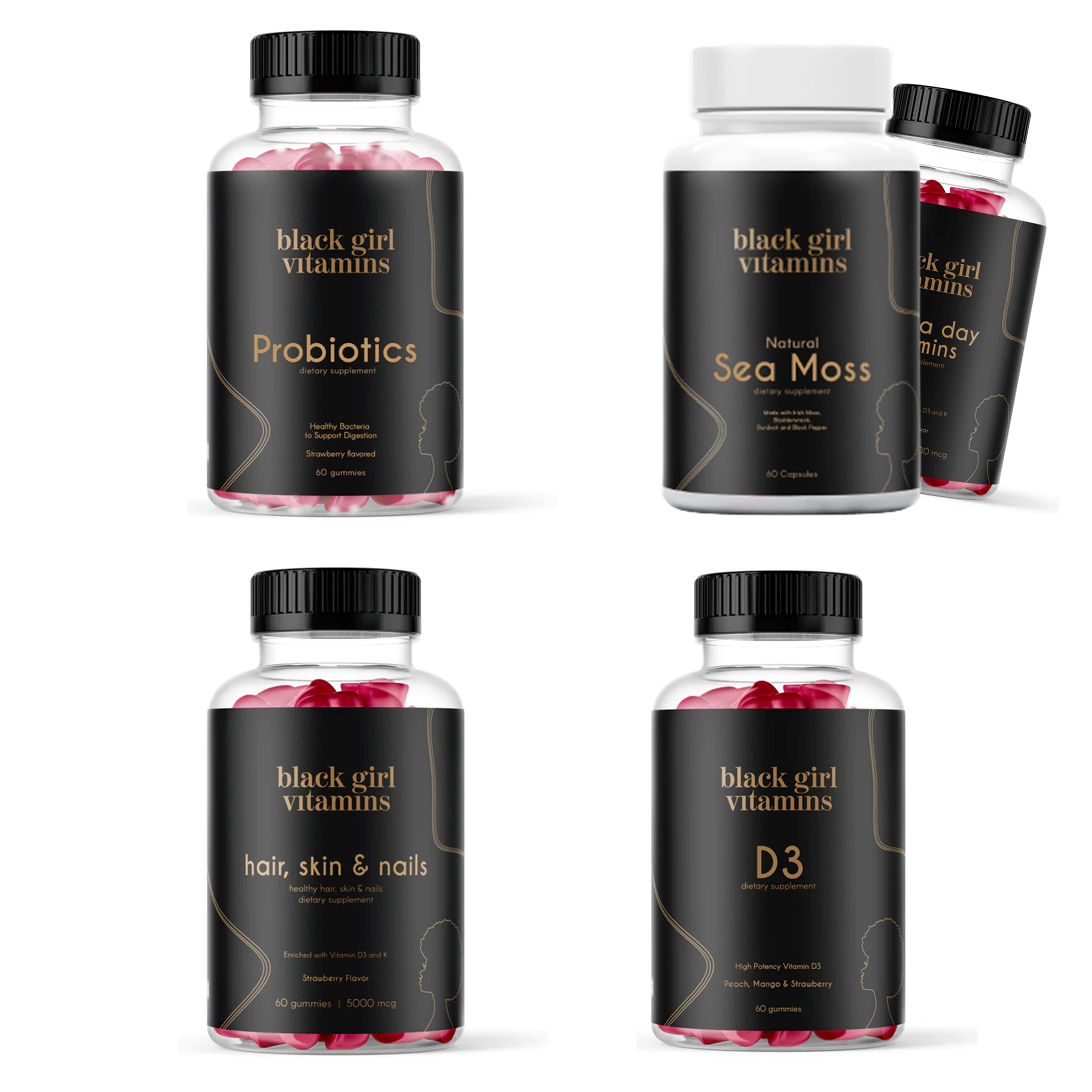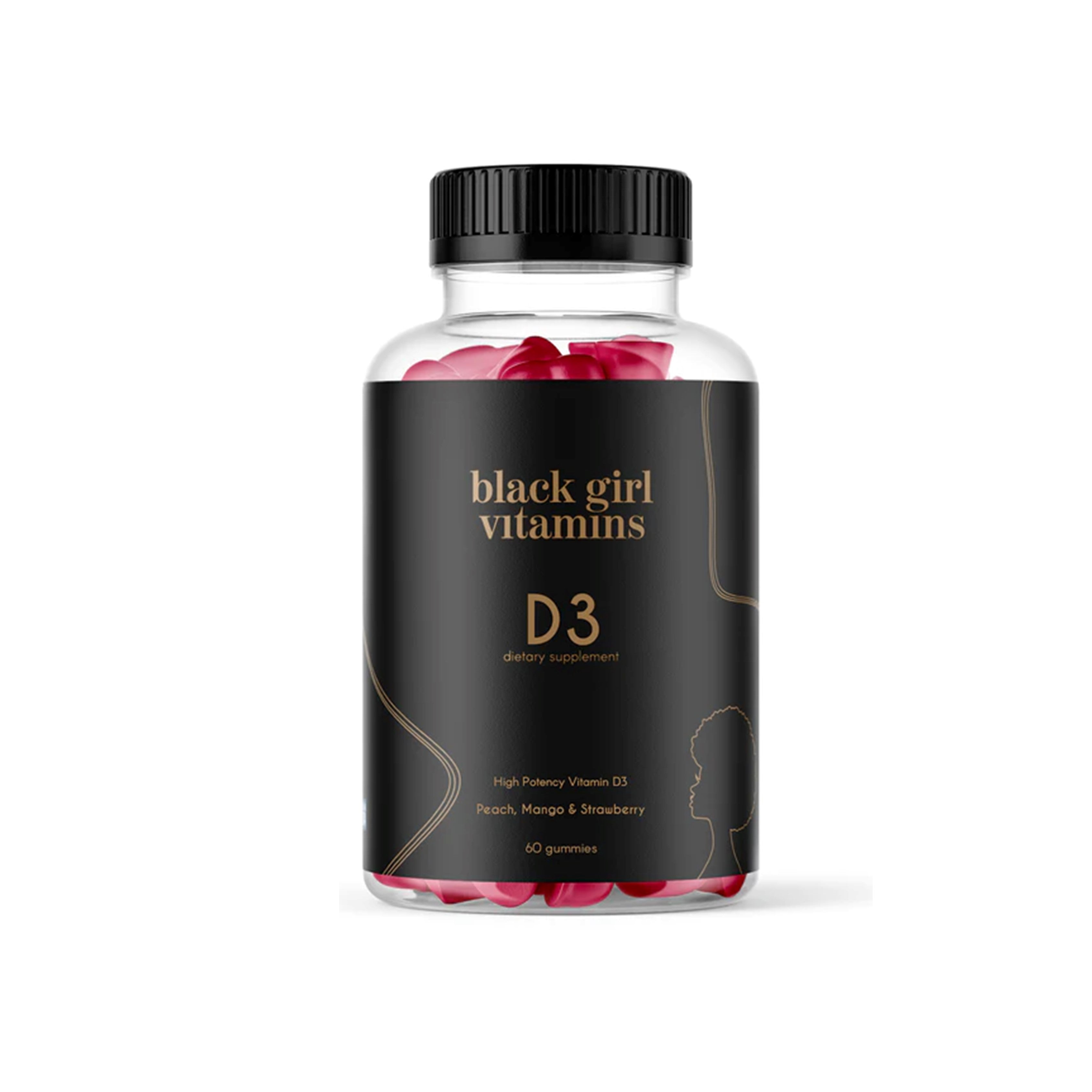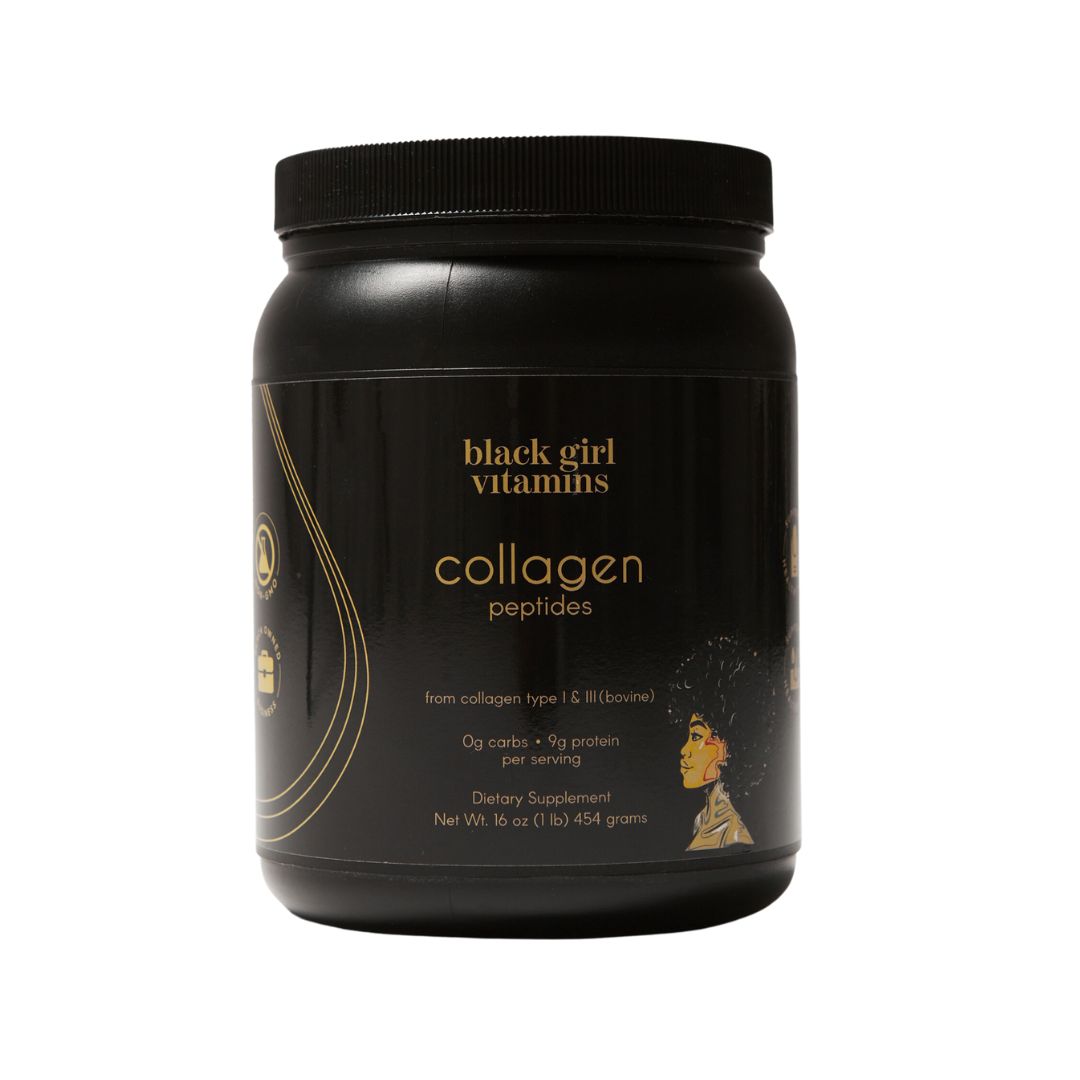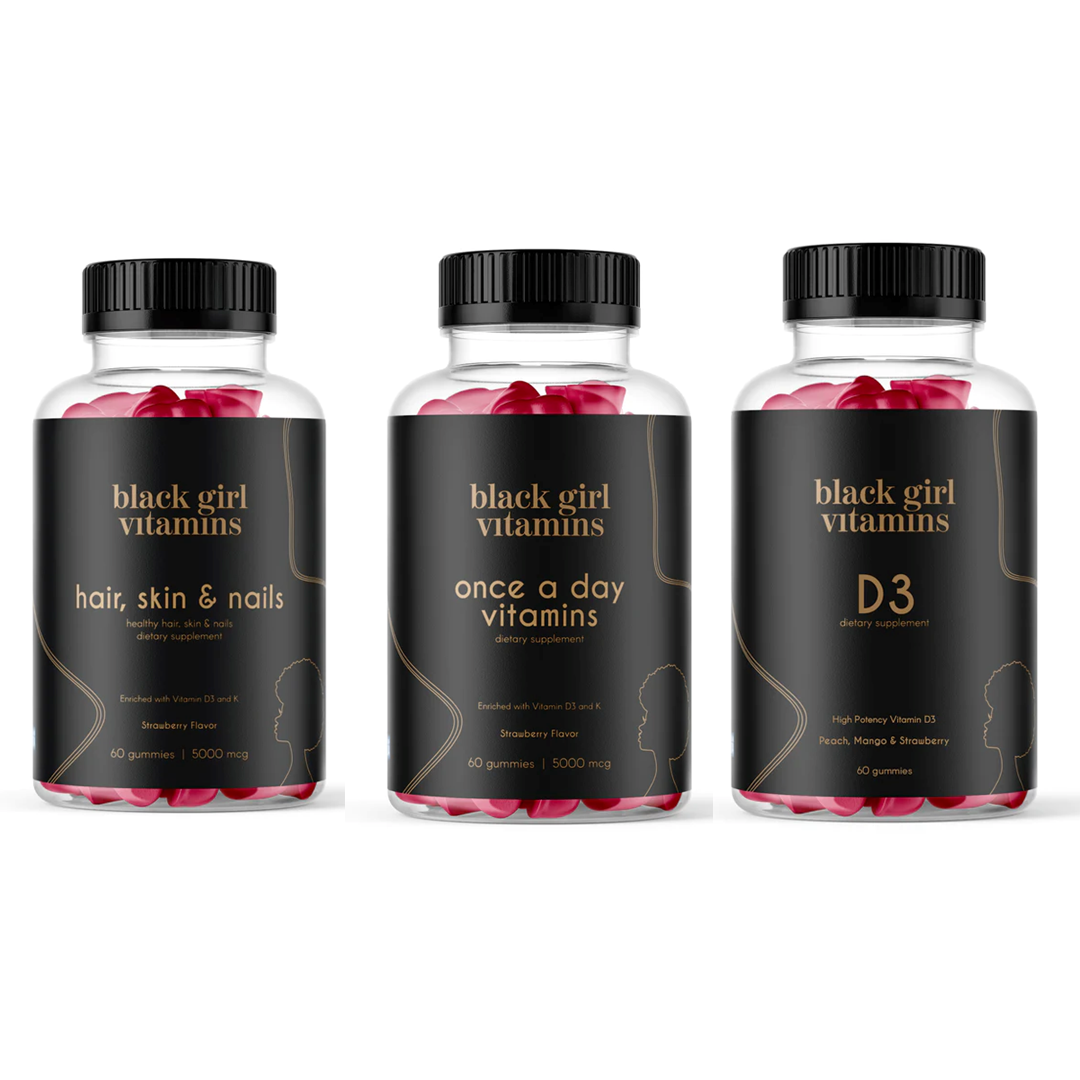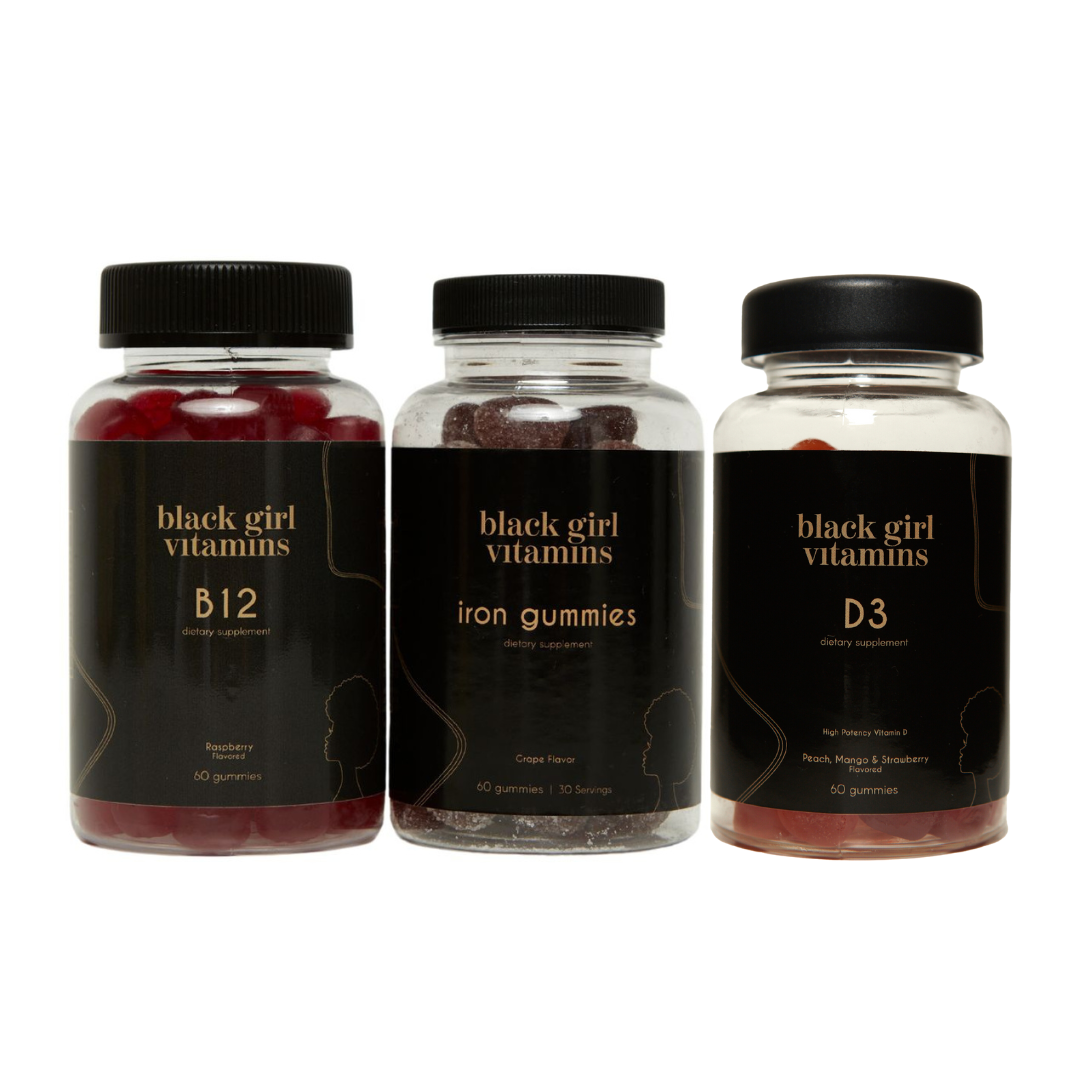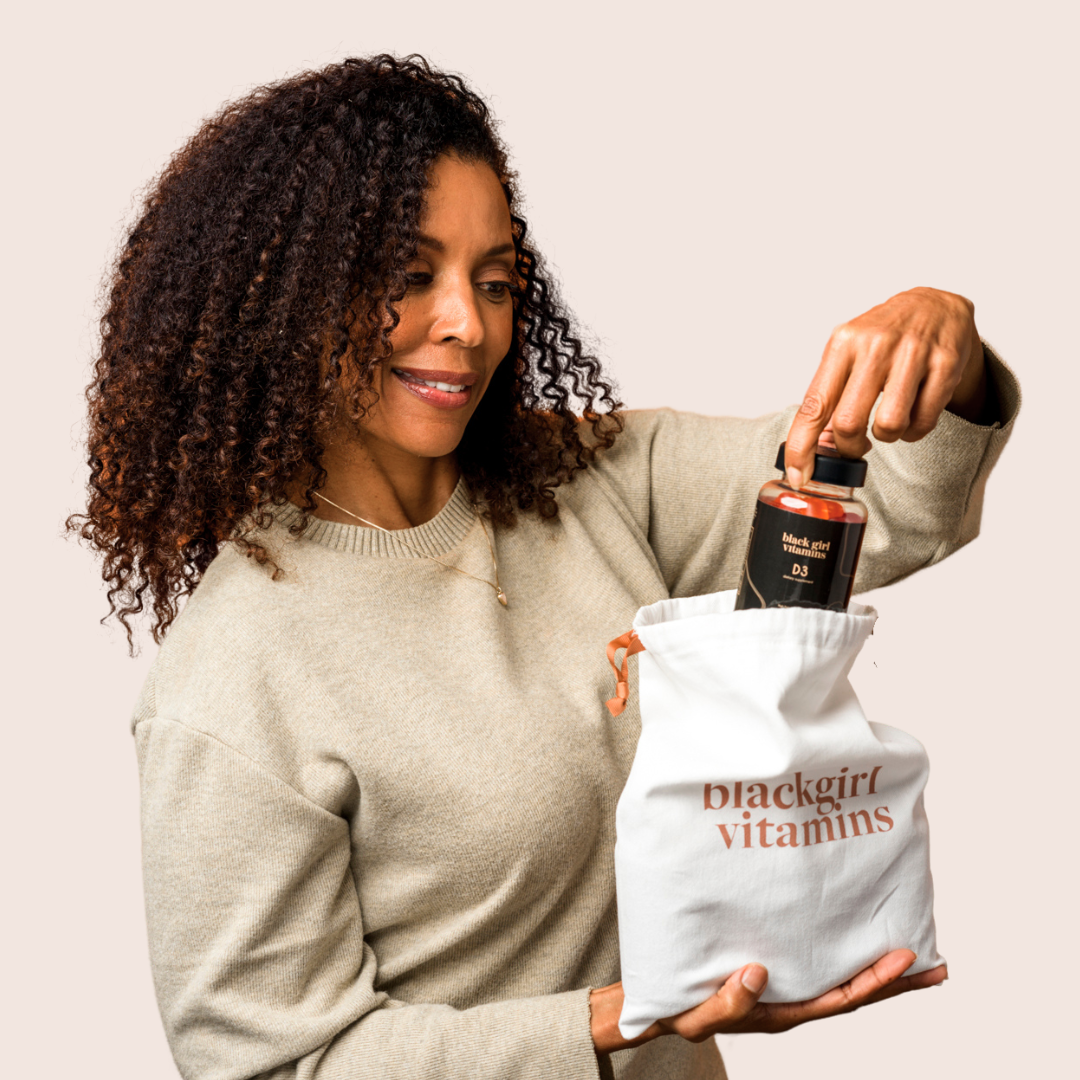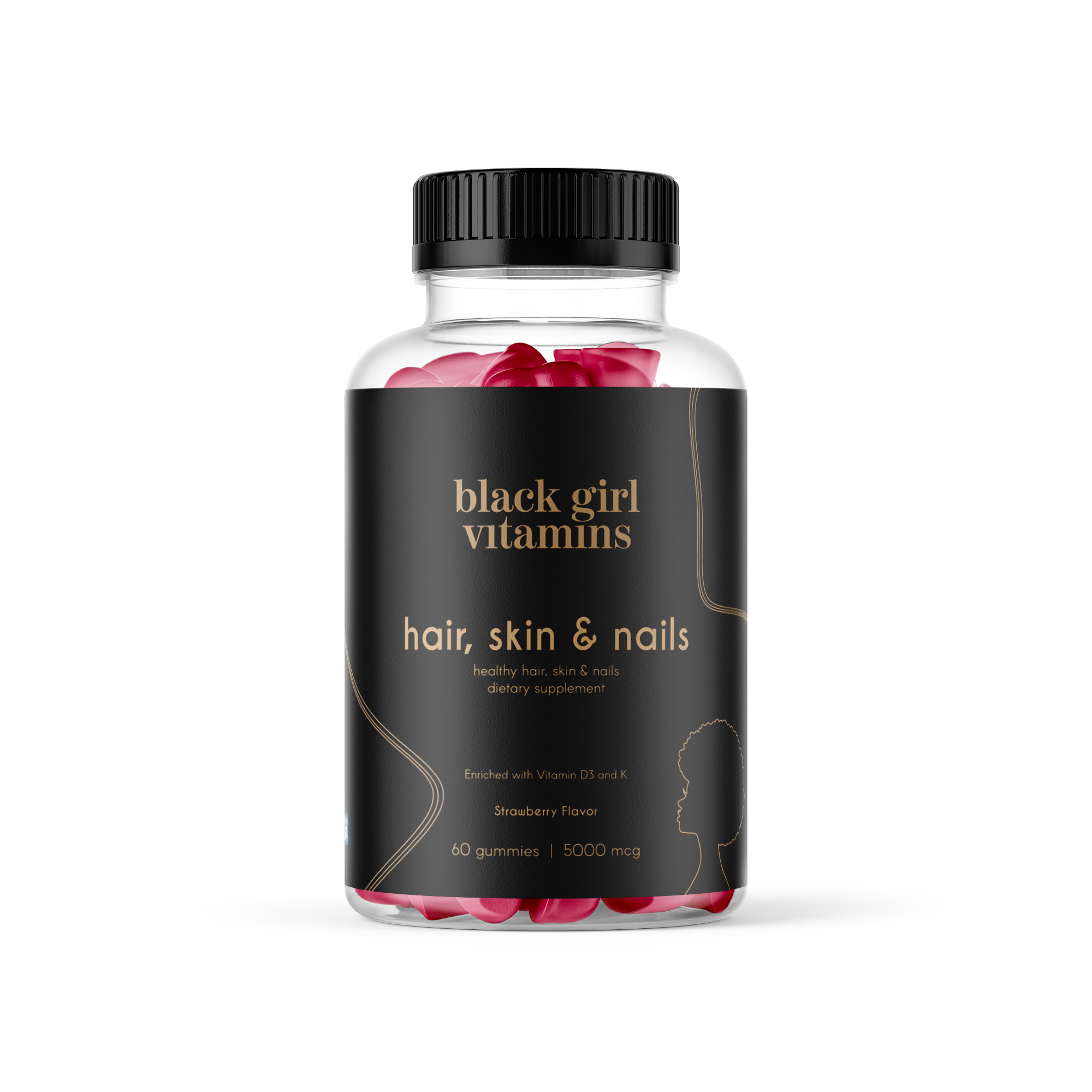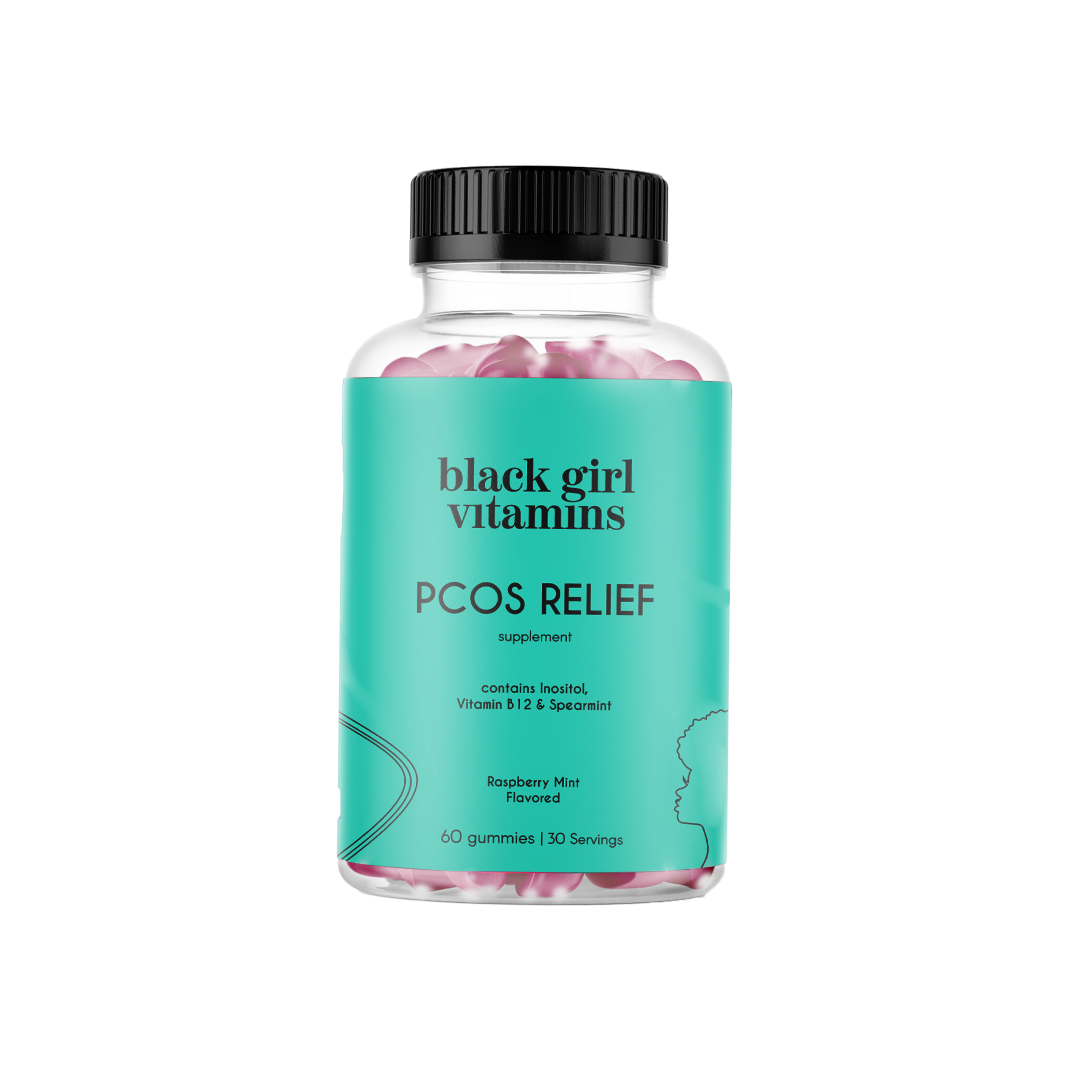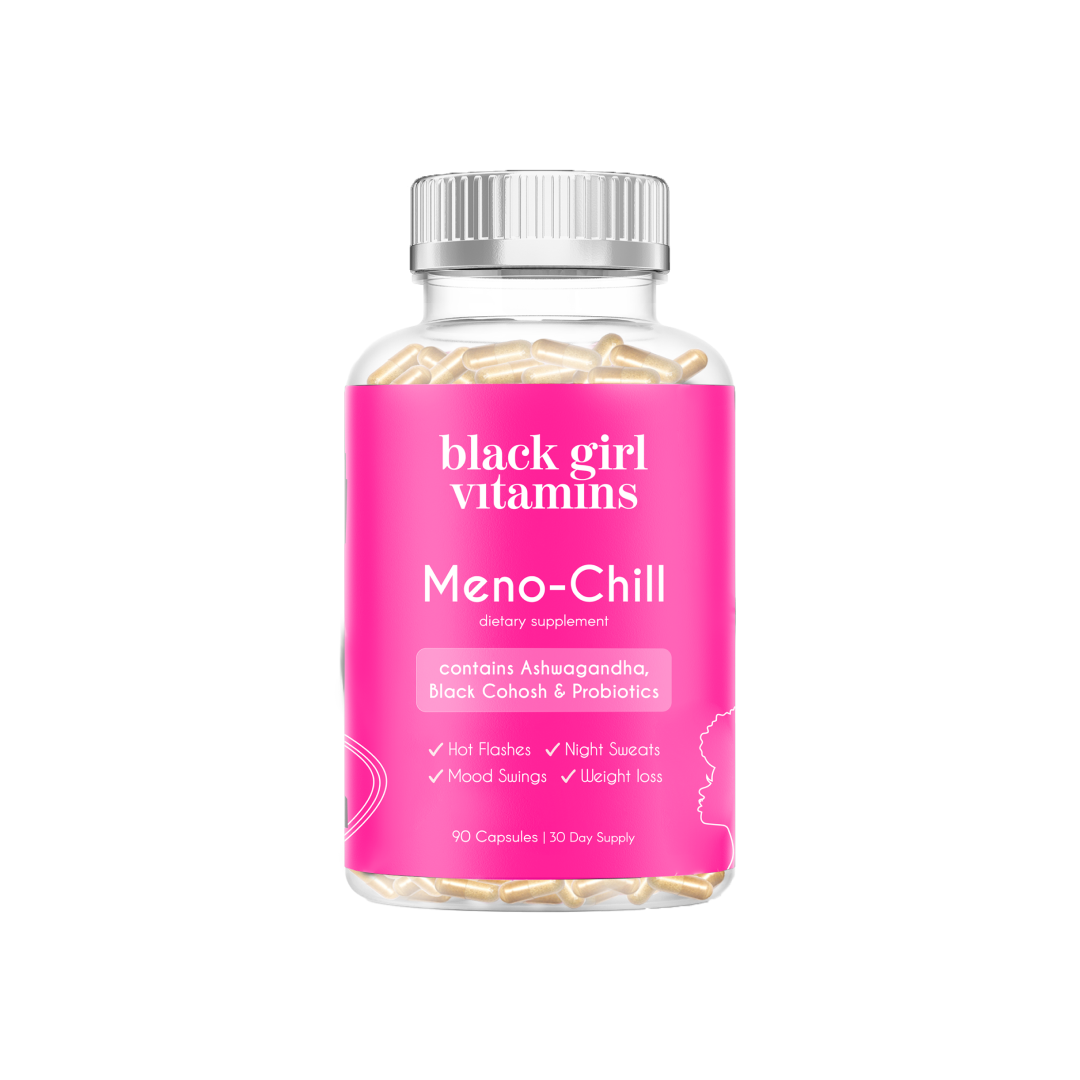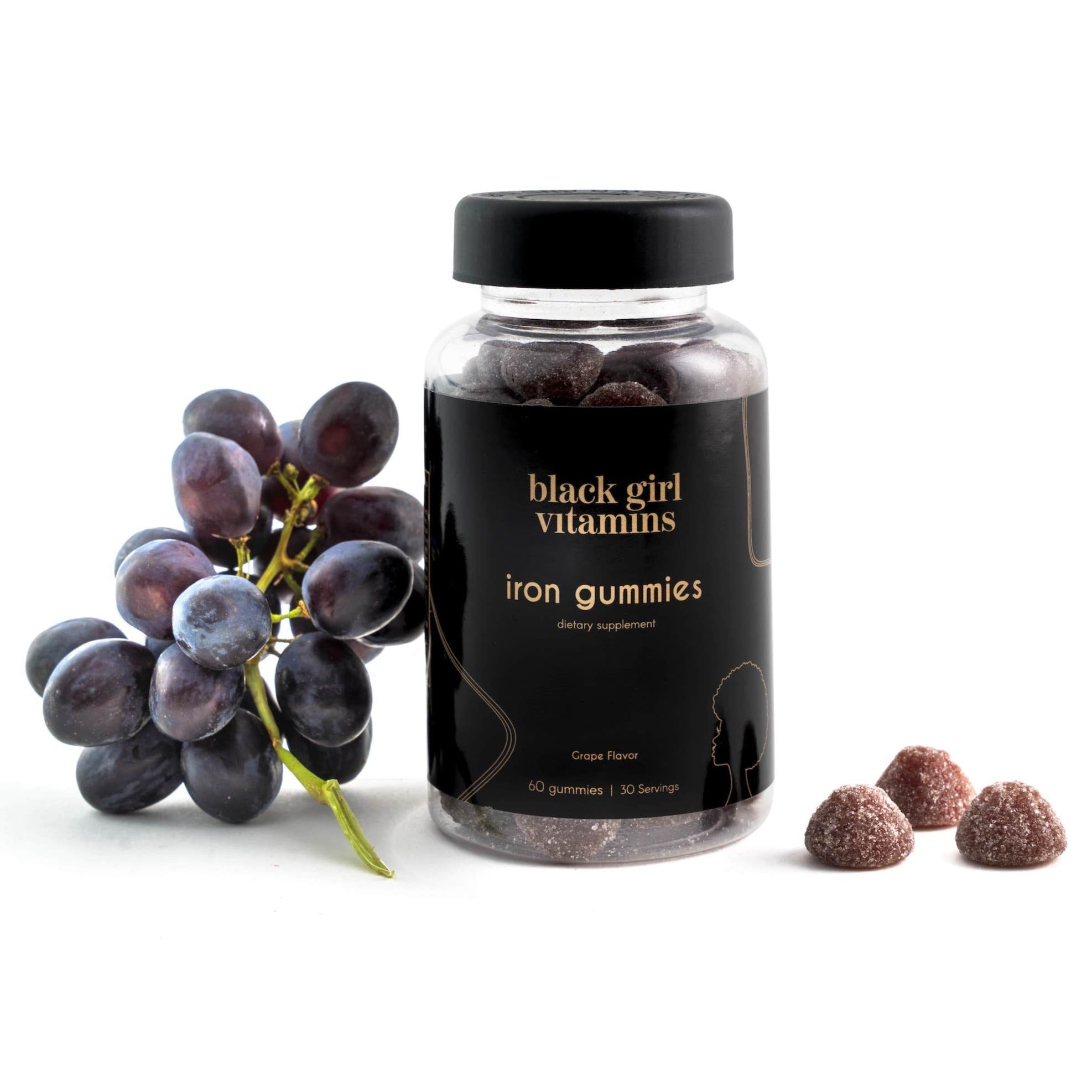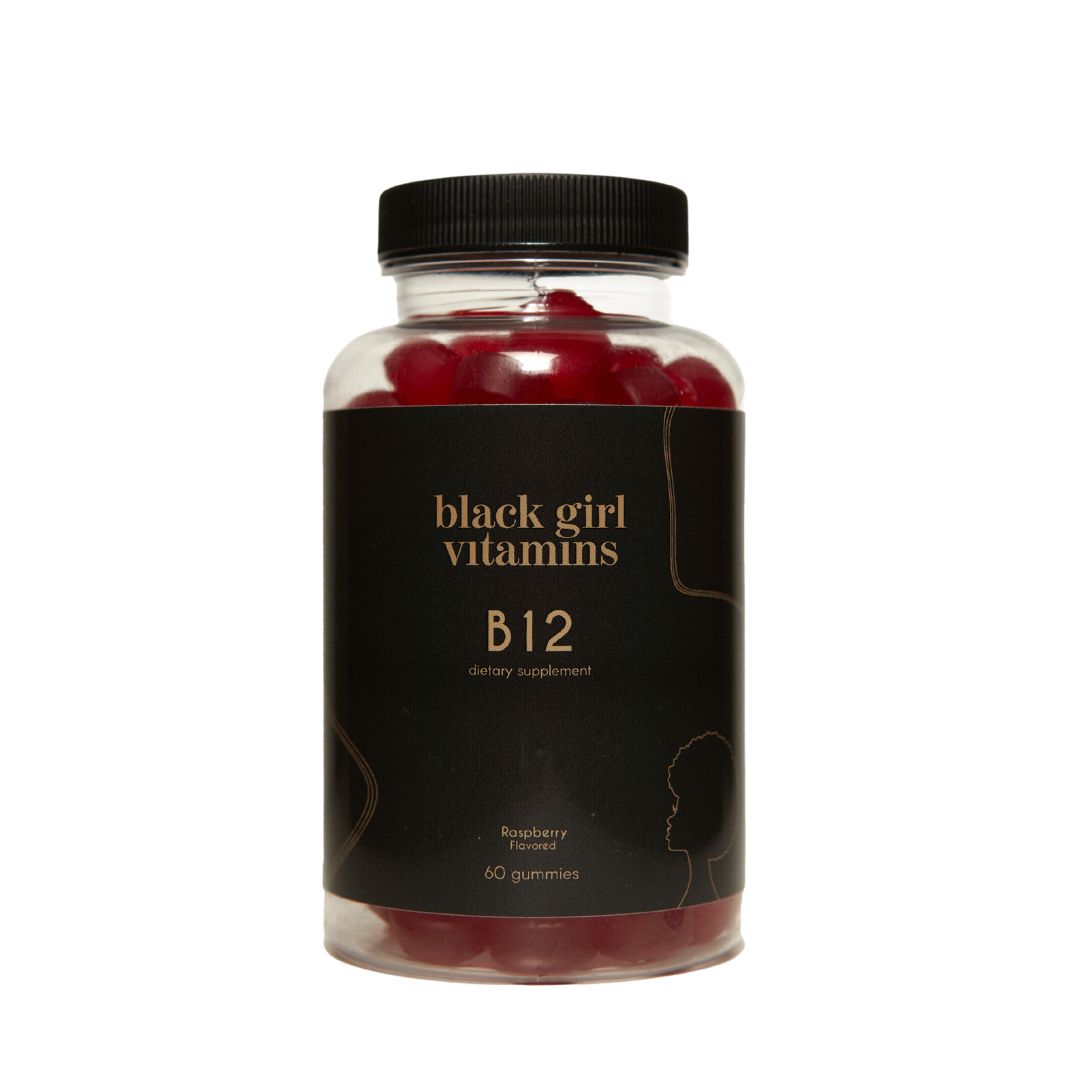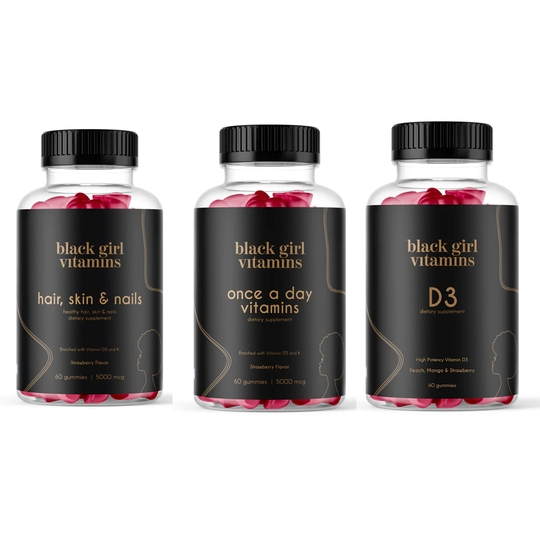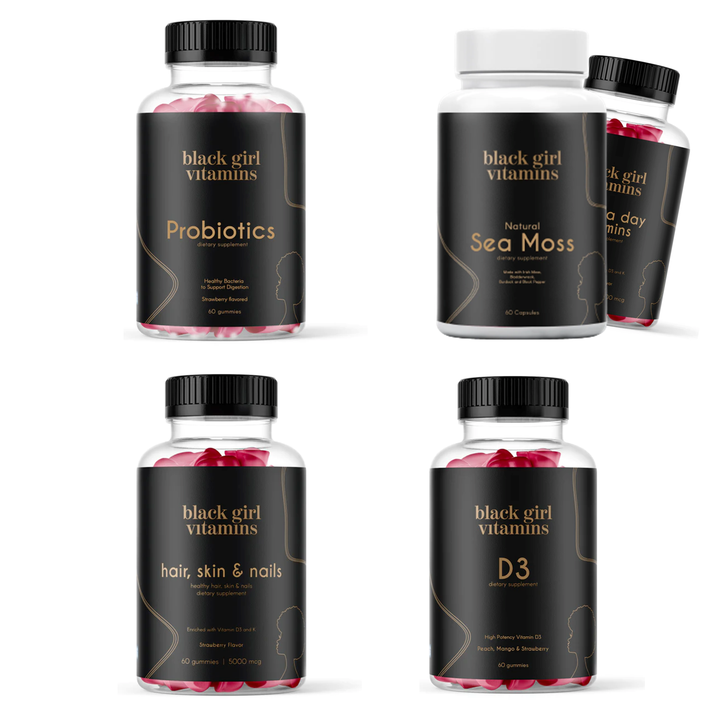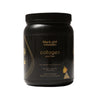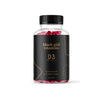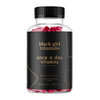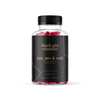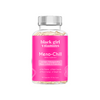The Role of Vitamin B12 in Black Women’s Wellness

In the landscape of women's wellness, few nutrients have as much impact on energy, mental clarity, and long-term health as vitamin B12. Still, this vitamin remains one of the most misunderstood and overlooked aspects of women's nutritional health. While conversations about wellness often focus on superfoods and emerging supplements, vitamin B12 quietly controls some of the body's most fundamental processes—from red blood cell formation to neurological function to DNA synthesis.
For Black women, the importance of vitamin B12 extends beyond general wellness into addressing specific health disparities that have been systematically overlooked by mainstream medicine. The growing recognition of B12's role in combating fatigue, supporting mental health, and preventing long-term neurological complications is reshaping how informed women approach their daily supplementation routines. Those who understand B12's multifaceted impact are discovering that this single nutrient can address multiple wellness concerns simultaneously, from persistent exhaustion to cognitive fog to mood fluctuations.
The Silent Epidemic: Understanding B12 Deficiency's Widespread Impact
Vitamin B12 deficiency represents one of the most prevalent yet underdiagnosed nutritional deficiencies affecting women today. Research indicates that approximately 1.5% to 15% of people experience vitamin B12 deficiency, with rates increasing significantly with age, affecting at least 6% of people who are 60 years or older, compared to 3% of those aged 20 to 39 years (Cleveland Clinic, 2022). However, these statistics likely underrepresent the true scope of the problem, as B12 deficiency often develops slowly and its symptoms can be mistaken for other conditions.
The challenge extends beyond simple numbers. Vitamin B12 deficiency can manifest through a complex array of symptoms that women often dismiss as normal aspects of busy lives or aging. Persistent fatigue, difficulty concentrating, mood changes, and physical symptoms like numbness or tingling can all signal B12 deficiency, yet these complaints are frequently attributed to stress, hormonal changes, or other factors rather than nutritional deficiency.
The insidious nature of B12 deficiency lies in its gradual progression through distinct stages. Initial depletion of B12 stores may produce no symptoms, while biochemical deficiency can trigger neurological and psychological symptoms, including confusion, mood swings, and problems with coordination. By the time clinically evident deficiency develops—characterized by megaloblastic anemia—the body has endured months or years of suboptimal function that could have been prevented through proper supplementation.
The Neurological Foundation: Why B12 Matters for Mental and Physical Performance
Vitamin B12's influence extends far beyond basic nutritional support, serving as a cornerstone for neurological health and mental performance. This water-soluble vitamin plays critical roles in myelin synthesis—the protective coating around nerve fibers—and neurotransmitter production. When B12 levels drop, the nervous system begins to falter, creating a cascade of symptoms that can profoundly impact daily functioning.
Energy Production and Metabolic Support
The relationship between B12 and energy extends beyond the superficial energy drink marketing claims. Vitamin B12 serves as a cofactor in the conversion of homocysteine to methionine, a process essential for DNA synthesis and cellular energy production. Deficiencies in B12 can result in diminished energy and exercise tolerance, along with fatigue and shortness of breath that supplementation can effectively address (PMC Nutrition Review, 2020).
Cognitive Function and Mental Health
The connection between B12 and mental health has become increasingly recognized in clinical research. Brain-mood health represents the top claim in new women's supplement launches globally, with 46% making this claim, and research-backed ingredients like vitamin B12 are fundamental to building consumer trust through science (Glanbia Nutritionals, 2025). B12 deficiency can lead to neurological symptoms, including memory problems, confusion, depression, and even paranoia in severe cases.
Blood Health and Oxygen Transport
Perhaps most fundamentally, B12 is essential for red blood cell formation. Without adequate B12, the body produces large, immature red blood cells that cannot effectively transport oxygen throughout the body. This megaloblastic anemia contributes to the fatigue, weakness, and shortness of breath that many women with B12 deficiency experience, symptoms that can dramatically improve with proper supplementation.
The Growing Market Recognition: Women Taking Control of B12 Health
The vitamin B12 ingredient market reflects growing consumer awareness of this nutrient's importance, with the global market valued at $295.4 thousand in 2024 and estimated to grow at a compound annual growth rate of 5.8% through 2034 (GM Insights, 2025). This growth is driven by increasing awareness of B12's role in overall health, particularly among specific groups, including women following plant-based diets and those seeking to address age-related nutritional concerns.
The supplement industry's evolution reflects women's sophisticated understanding of their nutritional needs. Modern consumers are moving beyond generic multivitamins toward targeted formulations that address specific health concerns. For B12 supplementation, this means choosing products that offer optimal bioavailability, appropriate dosages, and forms that align with individual absorption capabilities and lifestyle preferences.
Women are increasingly recognizing that B12 deficiency isn't just about preventing anemia—it's about optimizing cognitive function, maintaining energy levels, and supporting long-term neurological health. This understanding has driven demand for high-quality B12 supplements that deliver consistent results and fit seamlessly into busy lifestyles.
Targeted Supplementation: The Strategic Approach to B12 Wellness
The most effective approach to B12 supplementation involves understanding individual risk factors, choosing appropriate formulations, and maintaining consistent intake patterns that support optimal absorption. Unlike some nutrients that the body can store for extended periods, B12 requires ongoing attention to maintain adequate levels.
Risk Assessment and Individual Needs
Certain factors significantly increase the risk of B12 deficiency among women. Plant-based diets, gastrointestinal conditions that affect absorption, the use of certain medications (particularly metformin and acid-reducing drugs), and age-related changes in stomach acid production can all compromise B12 status. Women with these risk factors benefit from proactive supplementation rather than waiting for deficiency symptoms to appear.
Bioavailability and Absorption Considerations
The form of B12 supplementation matters significantly for absorption and effectiveness. While cyanocobalamin remains the most common and cost-effective form, representing over 52% of the vitamin B12 drops market (Coherent Market Insights, 2024), other forms like methylcobalamin may offer advantages for certain individuals. High-dose oral supplementation can be as effective as injections for most people, as the body absorbs what it needs and excretes the excess.
Integration with Comprehensive Wellness Approaches
The most successful B12 supplementation strategies integrate with broader wellness approaches that address women's multifaceted health needs. Companies like Black Girl Vitamins understand this comprehensive approach, offering their Vitamin B12 supplement as part of a broader product line that includes Once A Day Gummies for foundational support, specialized formulations for energy and mood balance, and targeted products addressing specific health concerns affecting Black women disproportionately.
The Future of Women's B12 Wellness
As understanding of B12's role in women's health continues to evolve, the focus is shifting from merely preventing deficiency to optimizing levels for peak performance and long-term health. This evolution reflects broader trends in women's health toward personalized, proactive approaches that prioritize prevention and optimization over reaction to symptoms.
The growing sophistication of women's health supplementation is evident in the increasing demand for products that address specific life stages, health concerns, and individual needs. For B12, this means formulations that consider absorption factors, bioavailability, and the unique challenges facing different populations of women.
Companies like Black Girl Vitamins are at the forefront of this evolution, understanding that effective supplementation requires both scientific rigor and cultural competence. Their approach to B12 supplementation—combining quality formulations with accessible pricing and education about the specific health challenges facing Black women—represents a model for how the supplement industry can better serve underrepresented populations.
Through strategic supplementation, consistent use, and integration with broader wellness practices, women are discovering that addressing B12 status can unlock improvements in energy, mood, and cognitive function that ripple through every aspect of their lives. The future of women's wellness lies in this understanding: that true health optimization requires attention to fundamental nutrients like B12, delivered through products designed specifically for women's unique needs and life circumstances.
Ready for experiencing supportive and tailor-made skin protection? Visit blackgirlvitamins.co to explore scientifically formulated supplements designed to support your skin's natural protective abilities.
Images courtesy of Black Girl Vitamins




